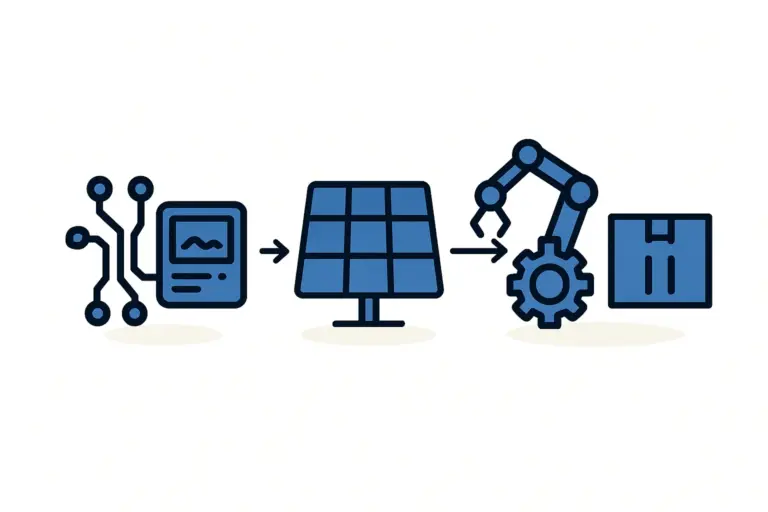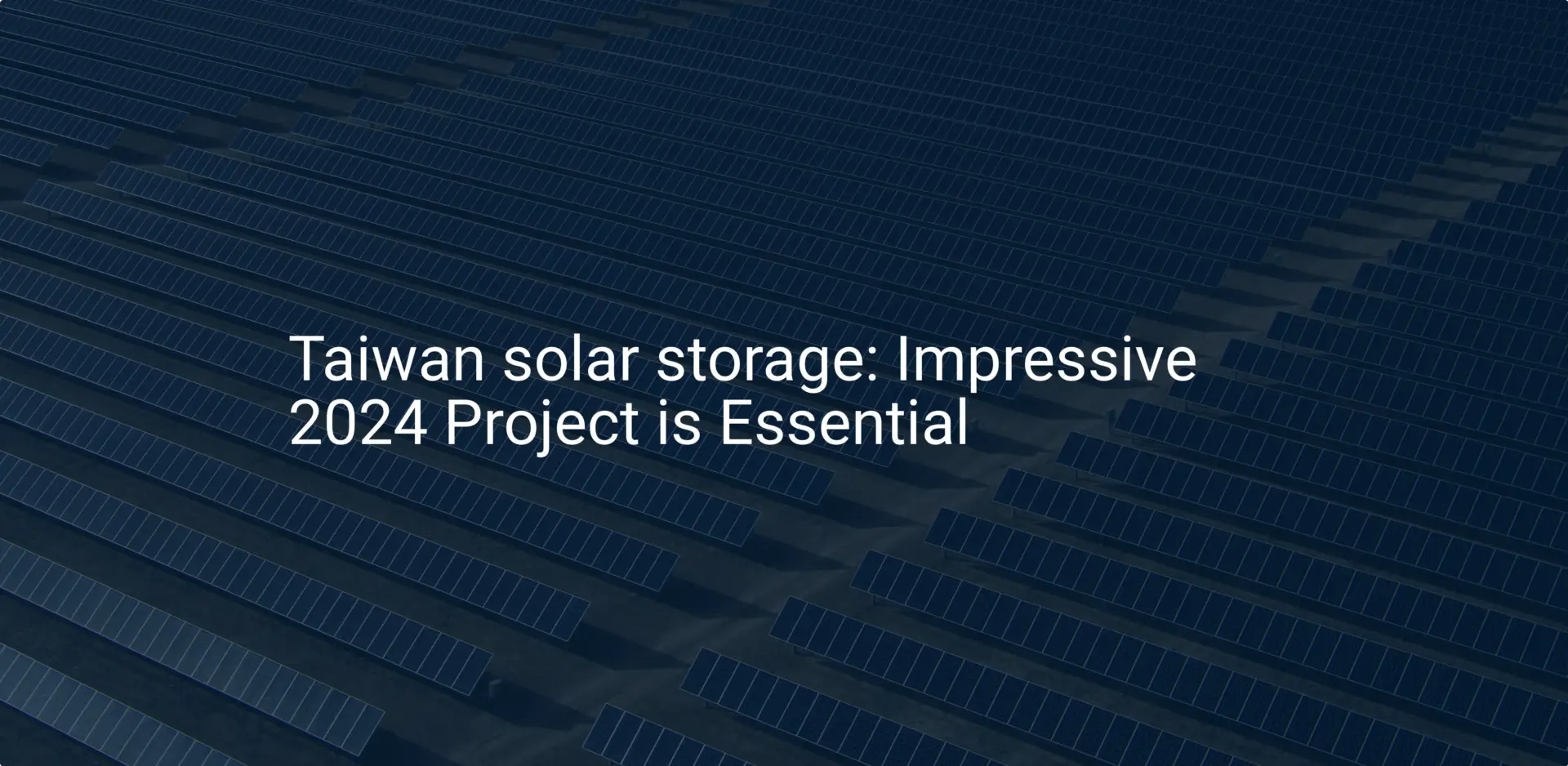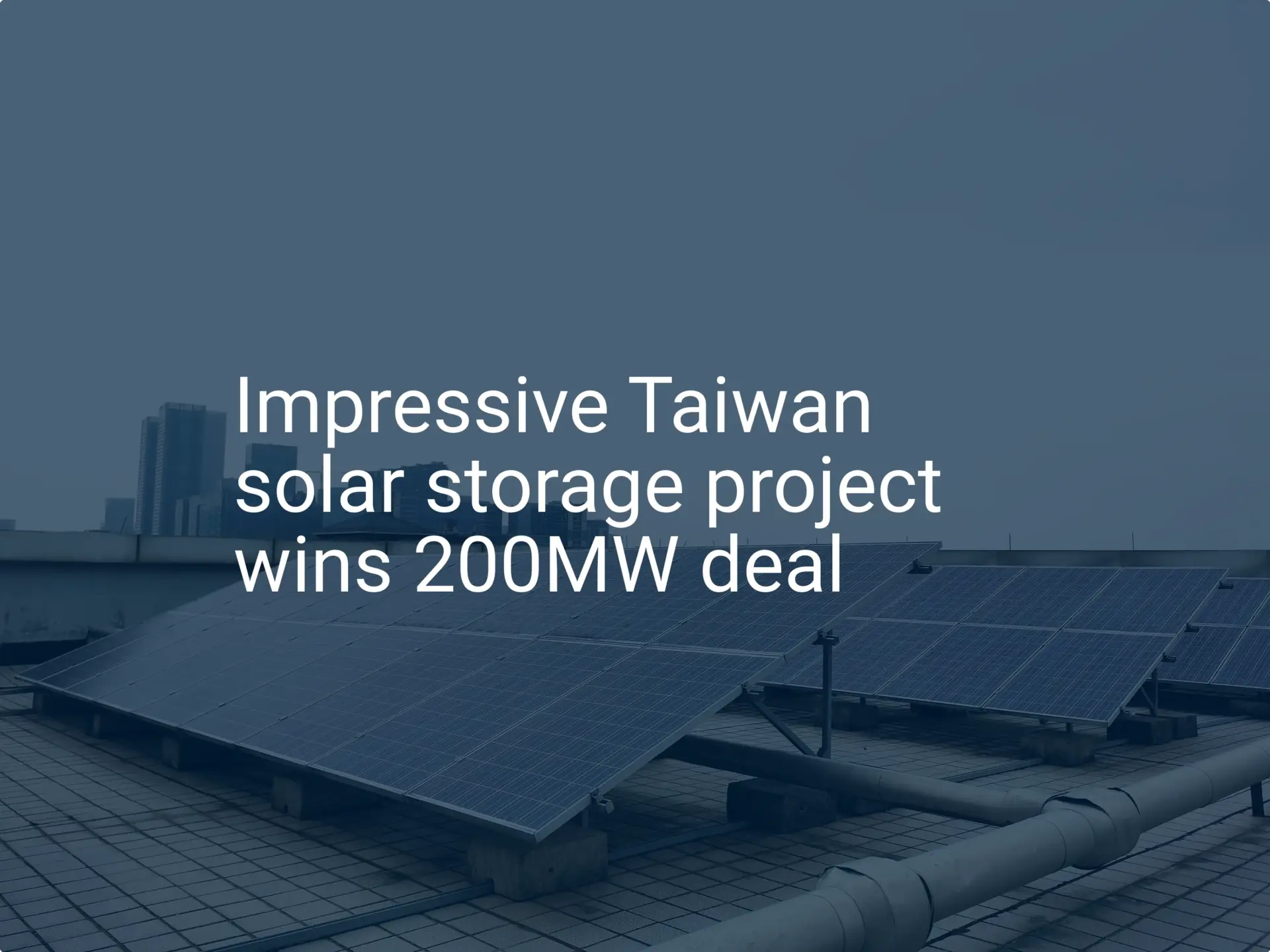For an entrepreneur accustomed to building businesses, the global shift toward renewable energy is a significant opportunity. Entering a specialized field like solar module manufacturing in a new country, however, can seem daunting.
Consider Taiwan: a global leader in high-tech manufacturing, now aggressively pursuing energy independence through solar power. Its government has not just set ambitious goals; it has created a structured environment of incentives designed to attract foreign investment. For discerning investors, this transforms a potential risk into a calculated opportunity.
This article offers a clear overview of the key financial incentives for foreign investors planning to establish solar module production facilities in Taiwan. It details the types of support available, the strategic advantages of manufacturing in the country, and the practical steps required to access these programs.
Why Taiwan? The Strategic Context for Solar Investment
Taiwan’s commitment to renewable energy is driven by clear strategic imperatives. With ambitious goals to increase the share of green energy in its national grid, the government has cultivated a highly favorable policy landscape. This push is supported by a world-class industrial ecosystem, renowned for its efficiency and expertise in electronics and semiconductor manufacturing—a foundation that directly benefits the photovoltaics industry.
For foreign investors, this means access to:
-
A Mature Supply Chain: Proximity to suppliers of high-quality components, from silicon wafers to specialized glass.
-
A Highly Skilled Workforce: A deep pool of engineering and technical talent experienced in precision manufacturing.
-
Governmental Support: A stable and proactive policy environment aimed at fostering long-term growth in the green energy sector.
Together, these factors make Taiwan a compelling location to establish a manufacturing operation. The government incentives are not merely a bonus but a core component of the national strategy to attract the right partners.
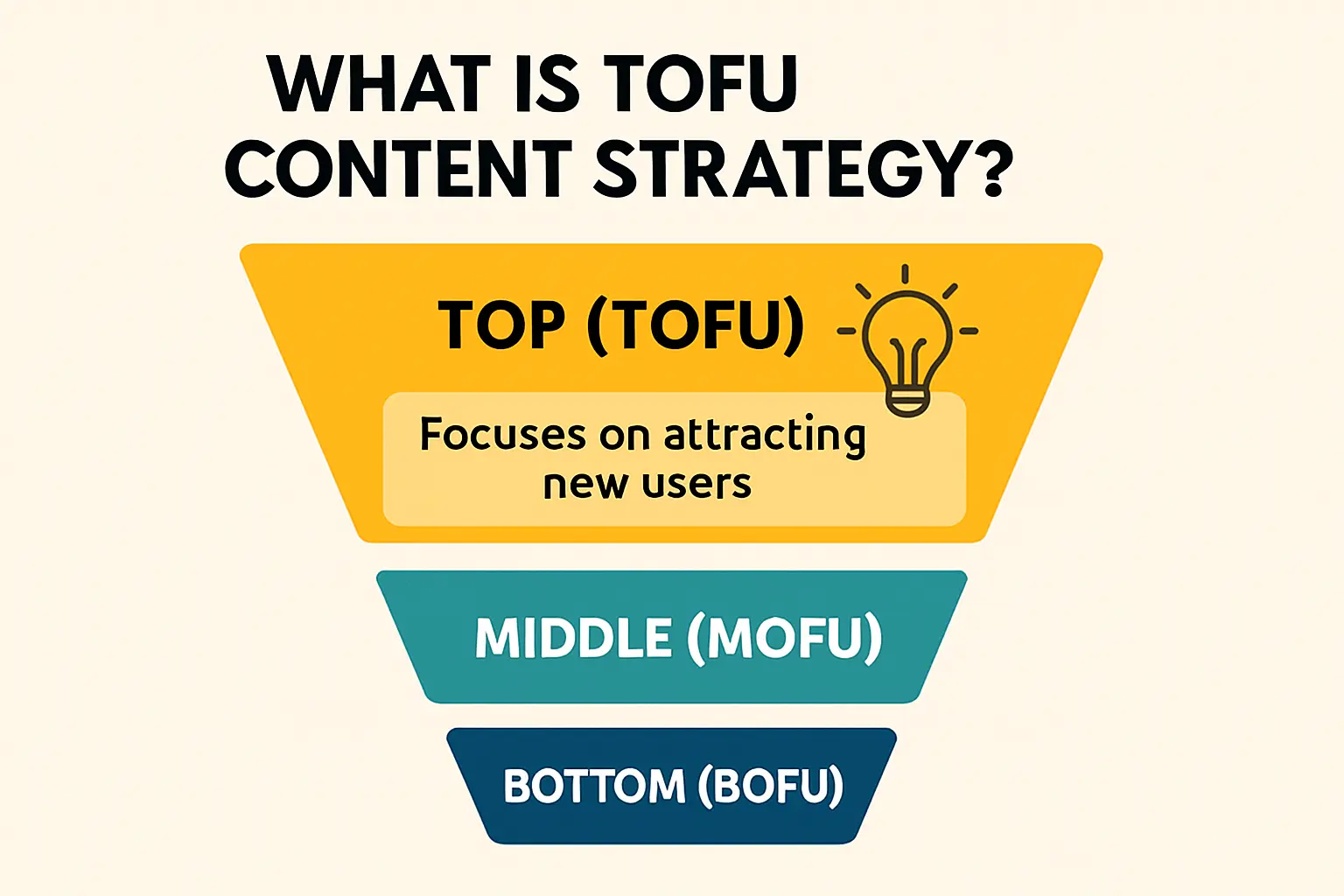
Core Incentive Programs for Foreign Investors
The Taiwanese government offers a multi-layered support system administered primarily through the Ministry of Economic Affairs (MOEA). These programs are designed to reduce the initial financial burden and mitigate risk for new entrants.
Tax Incentives and Credits
The primary legal framework for these tax benefits is the Statute for Industrial Innovation, which provides substantial relief for companies investing in innovation and advanced manufacturing. For a new solar module factory, two incentives are particularly relevant:
-
R&D Tax Credits: Companies can credit up to 15% of their research and development expenditures against their corporate income tax liabilities for the current year. This support is crucial for manufacturers planning to incorporate new cell technologies or automation processes.
-
Investment Tax Credits for Smart Machinery: To encourage automation and high-efficiency production, the government offers tax credits for investments in new ‘smart’ manufacturing equipment. This incentive directly supports the establishment of a modern, competitive solar module assembly line.
Preferential Financing and Loans
Access to capital is a critical early-stage challenge. The National Development Fund offers low-interest loans specifically for strategic industries, including green energy. These loans typically feature:
-
Favorable Interest Rates: Often significantly below commercial lending rates.
-
Extended Grace Periods: Allowing the facility to become operational before principal repayments begin.
-
Long Repayment Terms: Loan tenors can extend up to 10 years, improving cash flow management during the crucial first years of operation.
Securing this type of financing requires a robust business plan that clearly outlines production targets, technology choices, and financial projections. The initial investment requirements are a key component of this plan.
Grants for Technology and Innovation
Beyond tax credits and loans, various government programs offer direct grants for projects that introduce advanced technologies or contribute to the domestic green energy ecosystem. While competitive, these grants can provide non-dilutive funding for specific aspects of a project, such as workforce training or the implementation of a novel production process.
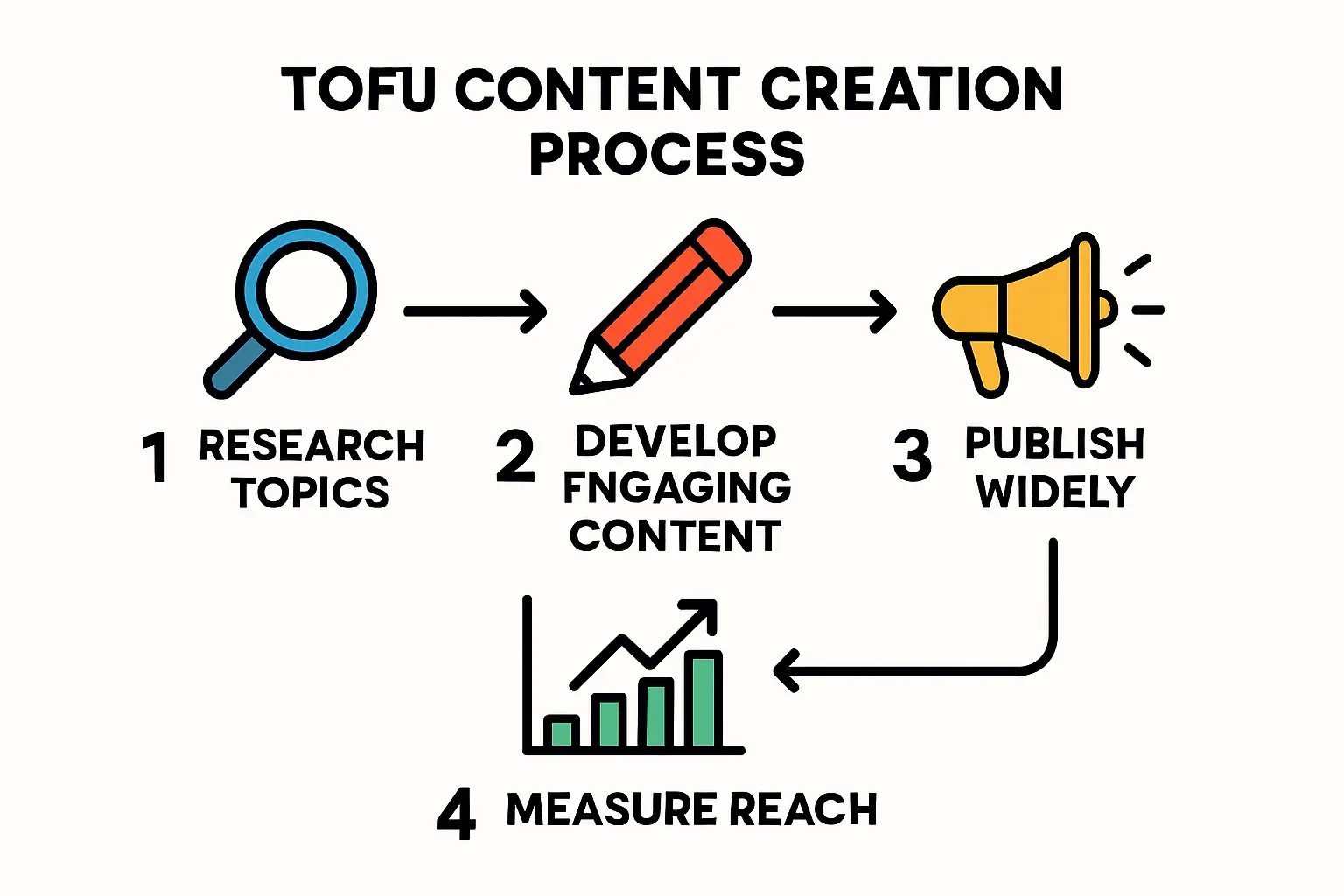
The Advantage of Taiwan’s Science and Industrial Parks
A significant practical advantage for foreign investors is Taiwan’s network of dedicated Science and Industrial Parks. Locations like the Hsinchu Science Park, the Southern Taiwan Science Park, and various dedicated industrial zones offer a turnkey environment for manufacturers.
Establishing a factory within one of these parks typically provides:
-
Streamlined Permitting: A ‘one-stop shop’ for navigating building permits, environmental approvals, and other regulatory requirements.
-
High-Quality Infrastructure: Guaranteed access to stable electricity, water, and transportation logistics.
-
Ecosystem Benefits: Proximity to other high-tech companies, research institutions, and a network of potential suppliers and clients.
Experience from turnkey projects shows that setting up in such a structured environment can significantly shorten the timeline from initial investment to full-scale production, a critical factor in achieving profitability.

Navigating the Application Process: A Realistic Outlook
While the incentives are substantial, the application process requires meticulous preparation. The Taiwanese authorities expect comprehensive documentation and a clear demonstration of the project’s long-term viability and contribution to the local economy.
The typical pathway involves:
-
Foreign Investment Approval (FIA): The initial step is to submit an application to the Investment Commission of the MOEA.
-
Business Plan Submission: A detailed plan covering technical specifications, market analysis, financial forecasts, and job creation estimates is required for specific loan and grant applications.
-
Agency Review: Each incentive program has its own review committee that assesses the application against its specific criteria.
This complexity is why many international firms seek guidance to ensure their business plans meet the required criteria. Navigating the legal and administrative steps is as important as the factory’s technical setup.
FAQ: Common Questions for Prospective Investors
-
Is a local partner required to invest in Taiwan?
A local partner is not legally required for a foreign entity to invest. However, having local support—whether through a joint venture or experienced consultants—can be invaluable for navigating bureaucracy and understanding the business culture. -
What is a realistic timeline for setting up a factory and receiving incentives?
With proper planning, the initial approvals and factory setup can be completed in 12 to 18 months. Accessing specific incentives runs on a parallel track, with approvals often granted within 3 to 6 months after a complete application is submitted. -
Are these programs available for smaller-scale (e.g., 50 MW) operations?
Yes. While large-scale projects are encouraged, the incentive structures are designed to support a range of investment sizes, including entry-level 20–50 MW production lines. The key is demonstrating a sound business model and commitment to quality. -
How does Taiwan’s skilled labor market support a new solar factory?
Taiwan has an abundance of highly qualified engineers and technicians with experience in electronics and precision manufacturing. This talent pool is readily adaptable to solar module assembly processes, which reduces training time and costs.
Next Steps for Deeper Exploration
Taiwan presents a structured and financially attractive environment for entrepreneurs looking to enter the solar manufacturing industry. The government has created clear pathways for investment, backed by tangible incentives that mitigate risk and support long-term growth. Success, however, depends on thorough preparation and a clear understanding of both the technical and administrative requirements to build a solid foundation for your venture.



